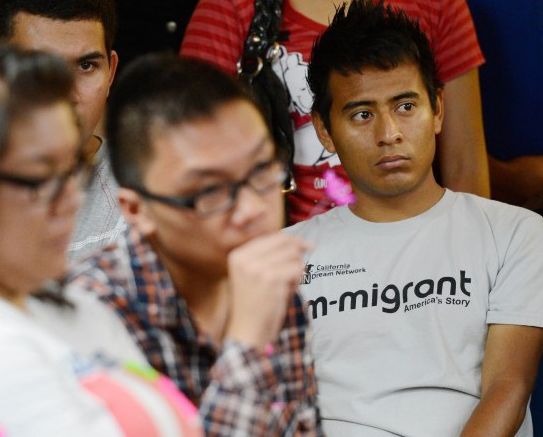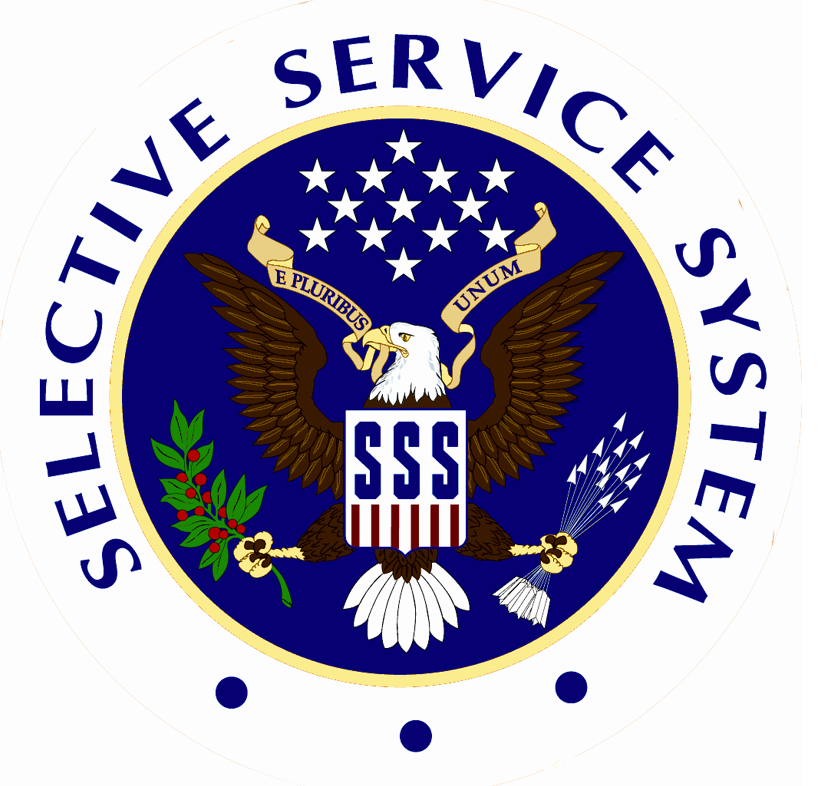Latinos future depends on many choices

SPONSORED CONTENT
One of the least reported characteristics of the U.S. Latino community is the growing number of Latino families who own their homes.
According to a study done by The Demand Institute, which is operated by The Conference Board and Nielsen, [tweet_dis]Latinos will represent 40 percent of new households between now and 2020.[/tweet_dis] What’s more,[tweet_dis] 4 million Latinos say they would like to buy a home within the next 5 years.[/tweet_dis] [pullquote]. . .the law requires that every male in the U.S. register with the Selective Service on his 18th birthday.[/pullquote]
The future is big
Business leaders see it as a huge potential – [tweet_dis]in 5 years today’s 18 year-olds will graduating from college, entering the workforce and thinking about a place of their own.[/tweet_dis] It’s a more promising potential when you consider that [tweet_dis]800,000 Latinos in U.S. turn 18 each year. [/tweet_dis]The Atlantic painted the picture in a more immediate way: [tweet_dis]every 30 seconds a U.S. Latino turns 18.[/tweet_dis]
For today’s youth the road from their 18th birthday to one day buying a home is filled with milestones and choices along the way. They’ll have to choose whether to go to college or not, and if so, where they’ll go. They’ll chose what they want to study and they’ll have to make decisions about how to pay for their college education.
The choice can be daunting because there are many options – working to save money, grants, loans, work study. But even before this basic
This is true for all young men in the U.S., regardless of their citizenship status. And the truth is that there is no risk in registering, because [tweet_dis]the U.S. Selective service does not share the information with any other government agency.[/tweet_dis] [pullquote]. . . not registering carries some consequences.[/pullquote]
Real consequences
Here’s another truth, not registering carries some consequences. If a young man plans to go to college he won’t be able to qualify for a federal education grant if he hasn’t registered. If after graduation he wants to work for the federal government, he may not be able to unless he’s registered. And if he wants to engage in the immigration process to become a citizen, the process can be delayed unless he registers.
It makes good sense to register. It’s one less obstacle as today’s 18 year-old men move forward in their lives. And it’s good to remember that young men have until their 26th birthday to register with the Selective Service.
It’s an easy process.
If you, a family member or anyone you know is between the ages of 18 and 26, remind them that it’s the law and they should register.
[Photo courtesy of Latino USA]


